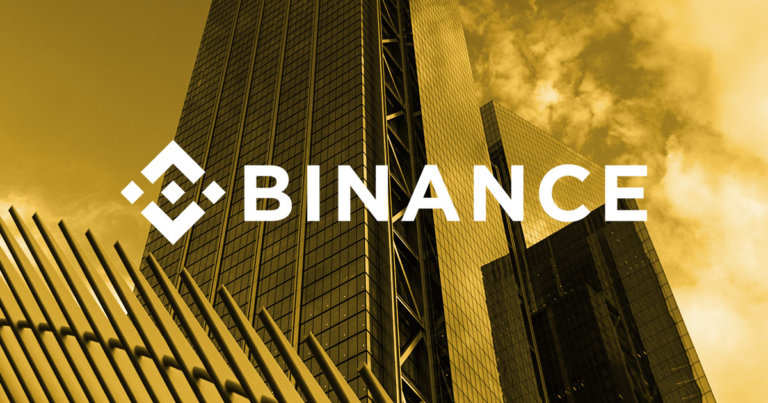 Binance eyes “sovereign wealth funds” to battle regulatory troubles
Binance eyes “sovereign wealth funds” to battle regulatory troubles Binance eyes “sovereign wealth funds” to battle regulatory troubles
In bid to improve standings with regulators, Binance is seeking new fundings from some sovereign wealth funds.

Cover art/illustration via CryptoSlate. Image includes combined content which may include AI-generated content.
The largest cryptocurrency exchange by trading volume, Binance, is planning to get funding from some global sovereign wealth funds for equity financing in its bid to improve its relationships with regulators around the world.
Binance seeks funding from sovereign wealth funds
In an interview with Financial Times, the CEO, Changpeng Zhao, who is currently the largest shareholder of the company revealed the intention of the firm towards the upcoming mega funding.
With this funding, it is hoped that the “perception and relationships” being held by governments about the exchange would drastically improve in the face of its regulatory battles across the globe.
While refusing to name some of these wealth funds, CZ revealed that discussions are currently ongoing and it is in its early stages with these institutions.
CZ continued that he was wary of tying his company to one specific country as the crypto firm is currently facing its regulatory battles across different fronts.
You’ll recall that authorities in Germany, Italy, Singapore, the United Kingdom, and South Africa have at different times warned their citizens about using the exchange for their transactions.
Notably, Binance.US, the US arm operating independently of the global exchange, is looking to raise a “couple hundred million dollars” by early next year. According to Bloomberg, “Binance.US had said that it was seeking the funding round with “reputable investors,” and it was reported that Binance.US was seeking at least $100 million.”
A new attempt towards being regulatory compliant
Like we stated earlier, Binance’s latest effort is geared towards improving its standings with regulators around the world who have registered their displeasure about its mode of doing business.
While the exchange has made a number of concessions like registering its business in Ireland, suspending some of its services in certain jurisdictions, and also mandating the KYC policy for its users around the world, there have been little to no changes on the part of the regulators.
However, despite these drawbacks, the exchange remains the biggest centralized exchange by a mile.



 Farside Investors
Farside Investors 


 CoinGlass
CoinGlass 
























































































